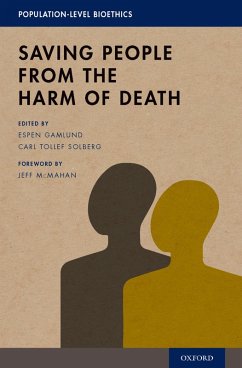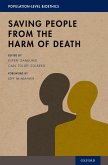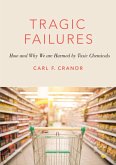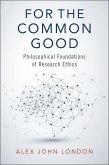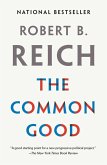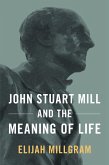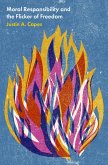Death is something we mourn or fear as the worst thing that could happen--whether the deaths of close ones, the deaths of strangers in reported accidents or tragedies, or our own. And yet, being dead is something that no one can experience and live to describe. This simple truth raises a host of difficult philosophical questions about the negativity surrounding our sense of death, and how and for whom exactly it is harmful. The question of whether death is bad has occupied philosophers for centuries, and the debate emerging in philosophical literature is referred to as the "badness of death." Are deaths primarily negative for the survivors, or does death also affect the deceased? What are the differences between death in fetal life, just after birth, or in adolescence? In order to properly evaluate deaths in global health, we must find answers to these questions. In this volume, leading philosophers, medical doctors, and economists discuss different views on how to evaluate death and its relevance for health policy. This includes theories about the harm of death and its connections to population-level bioethics. For example, one of the standard views in global health is that newborn deaths are among the worst types of death, yet stillbirths are neglected. This raises difficult questions about why birth is so significant, and several of the book's authors challenge this standard view. This is the first volume to connect philosophical discussions on the harm of death with discussions on population health, adjusting the ways in which death is evaluated. Changing these evaluations has consequences for how we prioritize different health programs that affect individuals at different ages, as well as how we understand inequality in health.
Dieser Download kann aus rechtlichen Gründen nur mit Rechnungsadresse in A, B, BG, CY, CZ, D, DK, EW, E, FIN, F, GR, HR, H, IRL, I, LT, L, LR, M, NL, PL, P, R, S, SLO, SK ausgeliefert werden.

